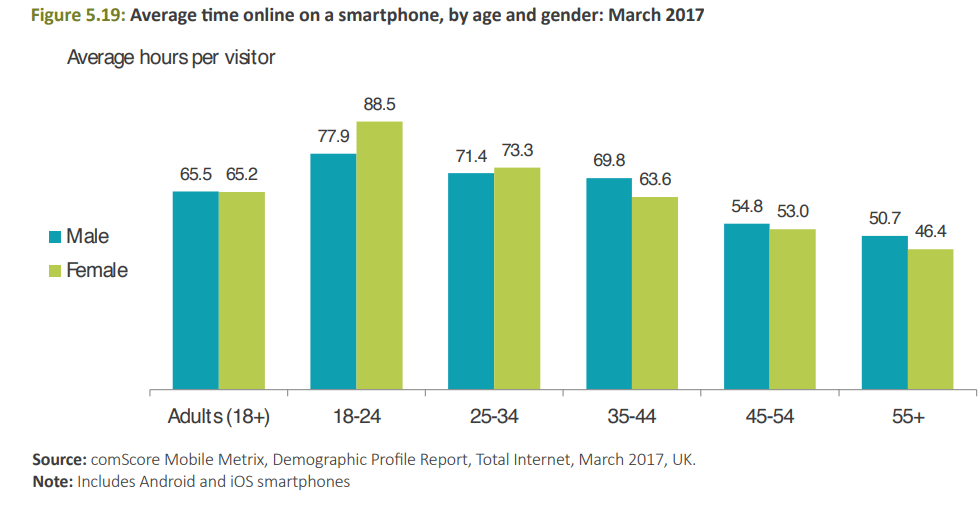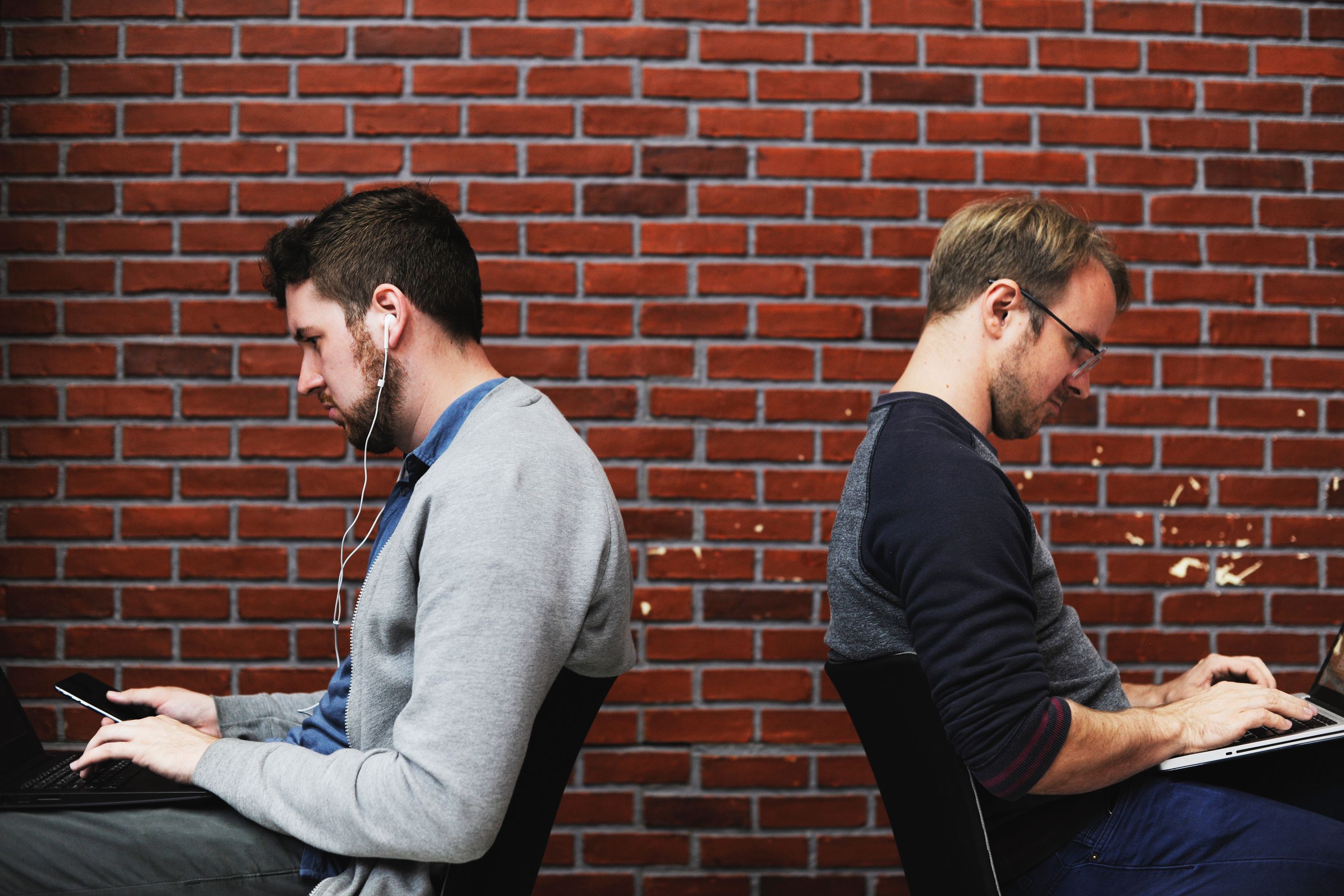
17 Apr 8 good reasons to give up your smartphone
In these digital times, a smartphone is starting to feel like a necessity, but is it really? There are some apps that we might find difficult to stop using altogether, but would our lives be all that harder if we didn’t have just one device trying to satisfy most of our digital needs?
If you’ve ever lost your smartphone, you may recall the anxiety of not being able to communicate with people and the cost of replacing it, but over a few days this may well have been replaced by a small sort of bliss as you enter a temporary digital detox.
But what if you didn’t replace your smartphone? Would the positives of not having one outweigh the negatives? Here are 8 reasons why trying to give up your smartphone may well be a good thing.
1. Time saving
Almost all smartphone users are probably spending too much time with their device. After all, the average monthly screentime is 65.3 hours, and for 18-24 year old women it’s near 90 hours – practically smartphone addiction. What could you do this time that is passively disappearing? You could surely use your improved downtime to be vastly more productive and simply get better at a whole load of stuff. Like watching Netflix and not have to rewind every scene, for instance.

2. Better sleep
Your smartphone’s blue light tricks your brain into thinking it’s daytime rather than bedtime. This is bad news, and heavy usage before bedtime will likely make getting to sleep much harder, particular if you been swiping the screen for more than a few minutes. Less smartphone use, particularly a couple of hours before bed, will almost certainly help you sleep better.

3. Less distraction
All those notifications – distracting right? While you’re at work and focused on an important task, your phone vibrates and you take it out to look at it, then think you probably should spend a minute replying on Whatsapp to confirm what is for dinner tonight. It might cause an argument later otherwise. It’s Thursday, so steak and chips thanks x.
How much does that action cost? More than you’d think. By switching activities like this, you’ve broken your flow and it may take 20-30 minutes to properly refocus your mind on that task. Do you really need to be interrupted to be informed that someone has just Liked your Facebook post? It’s insidious that these vibrating whirring clicking tones are all set on smartphone apps by default; more apps, more distractions.
4. You won’t be at work for an eternity
When work emails go to your phone, it’s really hard not to occasionally take a look out of the office, especially if you’ve left notifications on. It’s 10pm and you’ve got into bed, a quick check of email and there’s something URGENT come in from another timezone.
If you leave work and take you mind off it for the evening, and you’ll be all the more productive the next day. It sounds like the French have got the right idea on this matter.
5. You’ll talk to people more
Whatsapp is the most useful social communication tool currently available. By being in multiple groups, you can message potentially hundreds of people instantly. But the need for conversation wanes as you’re able to discuss points in text form. The paradox if you give up your smartphone is that you’ll be forced to talk to people more.

6. Lower envy and risk of depression
Isn’t everything on Instagram so pretty? Lovely holiday snaps, you look beautiful, oh so-and-so I haven’t seen in ten years has got married and they are just the perfect couple.
Model and Instagram star Essena O’Neill quit social media largely because of the warped realities she felt it presented.
The serialisation of people’s lives into highlight reels makes envy and the unnecessary desire to also appear perfect a rampant problem, and it’s bad for our mental health. There are clear links between heavy social media and smartphone usage and feeling depressed. Log off and lower your anxiety.
7. Less of the dating run around
This doesn’t apply if you’re not single, but because of the options presented on smartphones, many of us increasingly are. If you’re on a load of dating apps you’ll normally get involved in multiple conversations that essentially lead nowhere, and if you do eventually get on a date, people can be incredibly flaky. How many other potential suitors on Tinder, Bumble and Happn does this person have?
Of course, being flaky isn’t necessarily because of being on a dating app, but the initial bond of meeting face to face is fundamentally stronger than matching on Tinder. Go to a bar, go speed dating, get a hobby where you might meet someone like minded. Just stop swiping right for hours on end.
8. You won’t have to spend a load of money upgrading ever again
In 2017, the iPhone 8 came out at a simply astonishing price tag.
In two years time, the battery could be near failure, the screen will be scratched and your apps will run slower after several software upgrades – forcing you to spend well over £500 to renew. How about you don’t renew? For all the other reasons and this one, you might be all the better for it.




Sorry, the comment form is closed at this time.